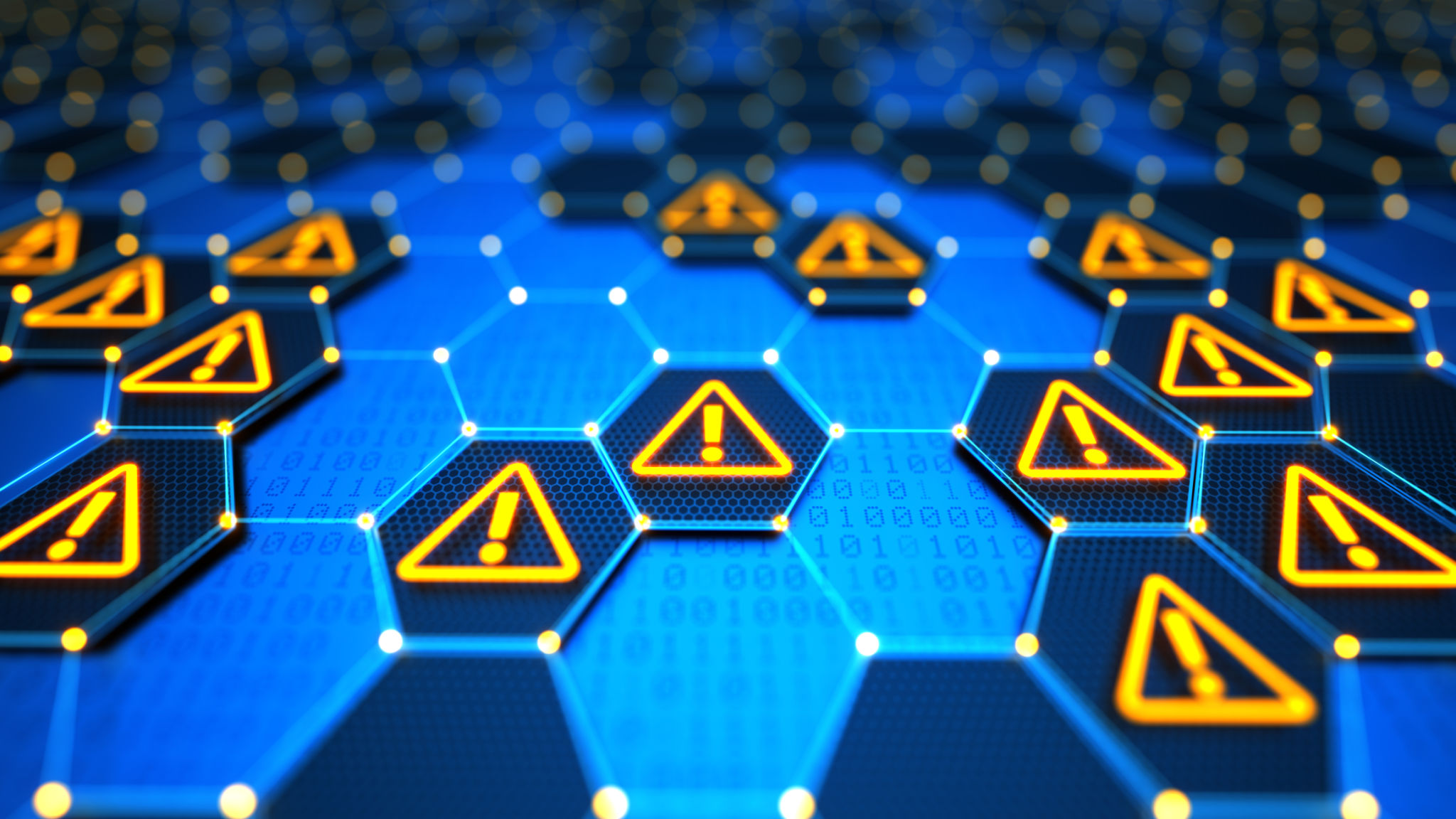Essential Network Security Tips for Remote Workers
Understanding the Importance of Network Security
As the trend of remote work continues to grow, it becomes increasingly important for individuals to take charge of their network security. With the convenience of working from home comes the risk of cyber threats that can compromise sensitive data. Understanding network security is not just the responsibility of IT professionals; it's essential knowledge for every remote worker.
Remote workers must be aware of the potential vulnerabilities in their home networks. Cybercriminals are constantly on the lookout for weak spots, and without proper precautions, they can easily gain unauthorized access to your systems. Implementing robust network security measures is a proactive step that every remote worker should take.

Secure Your Wi-Fi Connection
One of the first steps in protecting your home network is securing your Wi-Fi connection. Start by changing the default username and password for your router. Default settings are easy targets for hackers. Create a strong, unique password that includes a mix of letters, numbers, and symbols.
Additionally, ensure that your Wi-Fi network is encrypted using WPA3, the latest standard in wireless security. If your router does not support WPA3, consider upgrading to a newer model. Disabling the SSID broadcast can also add an extra layer of security by hiding your network from casual snoopers.

Utilize Virtual Private Networks (VPNs)
When working remotely, using a Virtual Private Network (VPN) is an effective way to secure your internet connection. A VPN encrypts your data and masks your IP address, making it difficult for hackers to intercept your information. This is especially important when accessing public Wi-Fi networks, which are notoriously insecure.
Select a reputable VPN service with a no-logs policy to ensure that your online activities remain private. By routing your internet traffic through secure servers, a VPN provides an additional layer of protection against cyber threats.

Keep Your Software Up to Date
Regularly updating your software is crucial for maintaining network security. Software updates often contain patches for security vulnerabilities that hackers can exploit. By keeping your operating system, applications, and antivirus software up to date, you reduce the risk of falling victim to cyber attacks.
Enable automatic updates whenever possible to ensure that you receive the latest security patches as soon as they are released. This simple step can significantly enhance your network's defense against cyber threats.
Implement Strong Password Practices
Strong passwords are a fundamental aspect of network security. Avoid using easily guessable passwords such as "123456" or "password." Instead, create complex passwords that are difficult to crack. Consider using a password manager to generate and store unique passwords for all your accounts.
- Use a combination of uppercase and lowercase letters, numbers, and special characters.
- Avoid using the same password across multiple accounts.
- Change your passwords regularly to minimize the risk of unauthorized access.

Be Aware of Phishing Scams
Phishing scams are a common tactic used by cybercriminals to steal sensitive information. These scams often come in the form of deceptive emails or messages that appear to be from legitimate sources. Be cautious when clicking on links or downloading attachments from unknown senders.
Always verify the legitimacy of requests for personal or financial information before responding. Look for telltale signs of phishing, such as poor grammar or suspicious URLs. Educating yourself about phishing tactics can help you identify and avoid these scams.
Create Regular Backups
Backing up your data regularly is an essential practice for any remote worker. In the event of a cyber attack or hardware failure, having backup copies of your important files ensures that you won't lose critical information. Use cloud storage solutions or external hard drives to store backups securely.
Establish a routine for creating backups and ensure that they are stored in a safe location. Regular backups provide peace of mind and enable you to recover quickly in case of data loss.

Conclusion: Stay Vigilant and Informed
Network security is an ongoing process that requires vigilance and up-to-date knowledge. As a remote worker, it's important to stay informed about the latest cybersecurity threats and best practices. By taking proactive steps to secure your network, you can protect yourself and your organization from potential cyber attacks.
Remember, network security is everyone's responsibility. By implementing these essential tips, you contribute to a safer online environment for yourself and your colleagues.